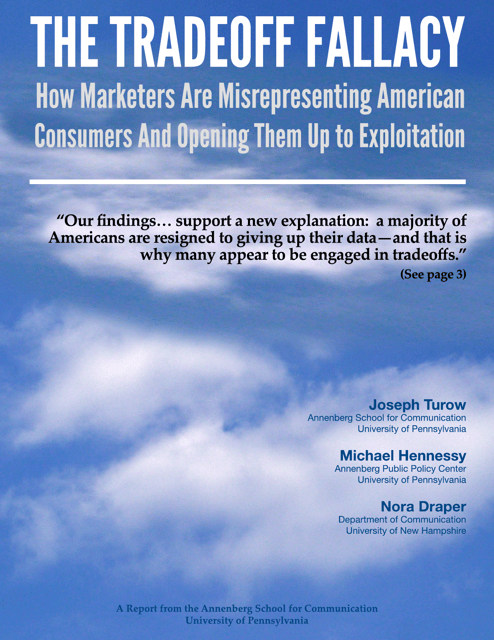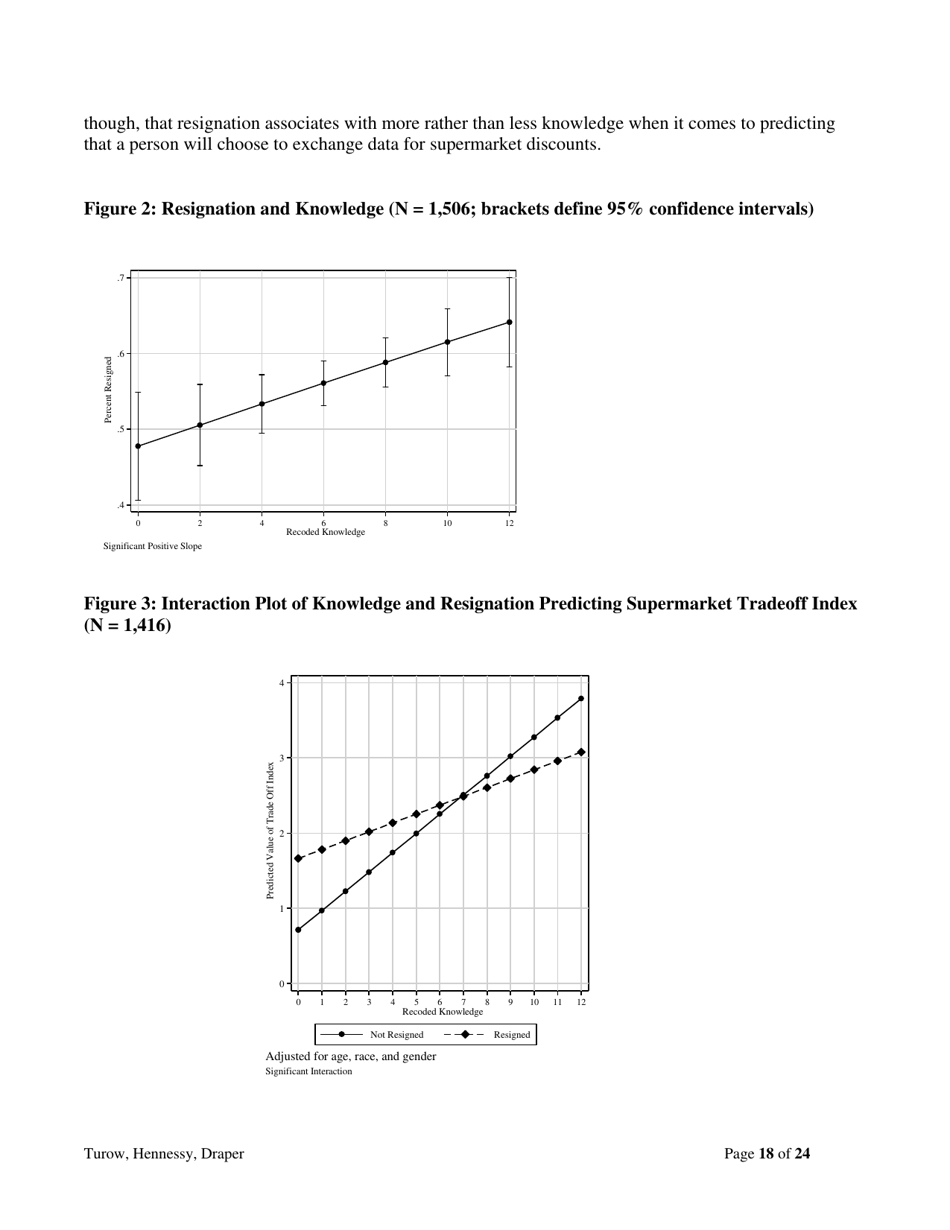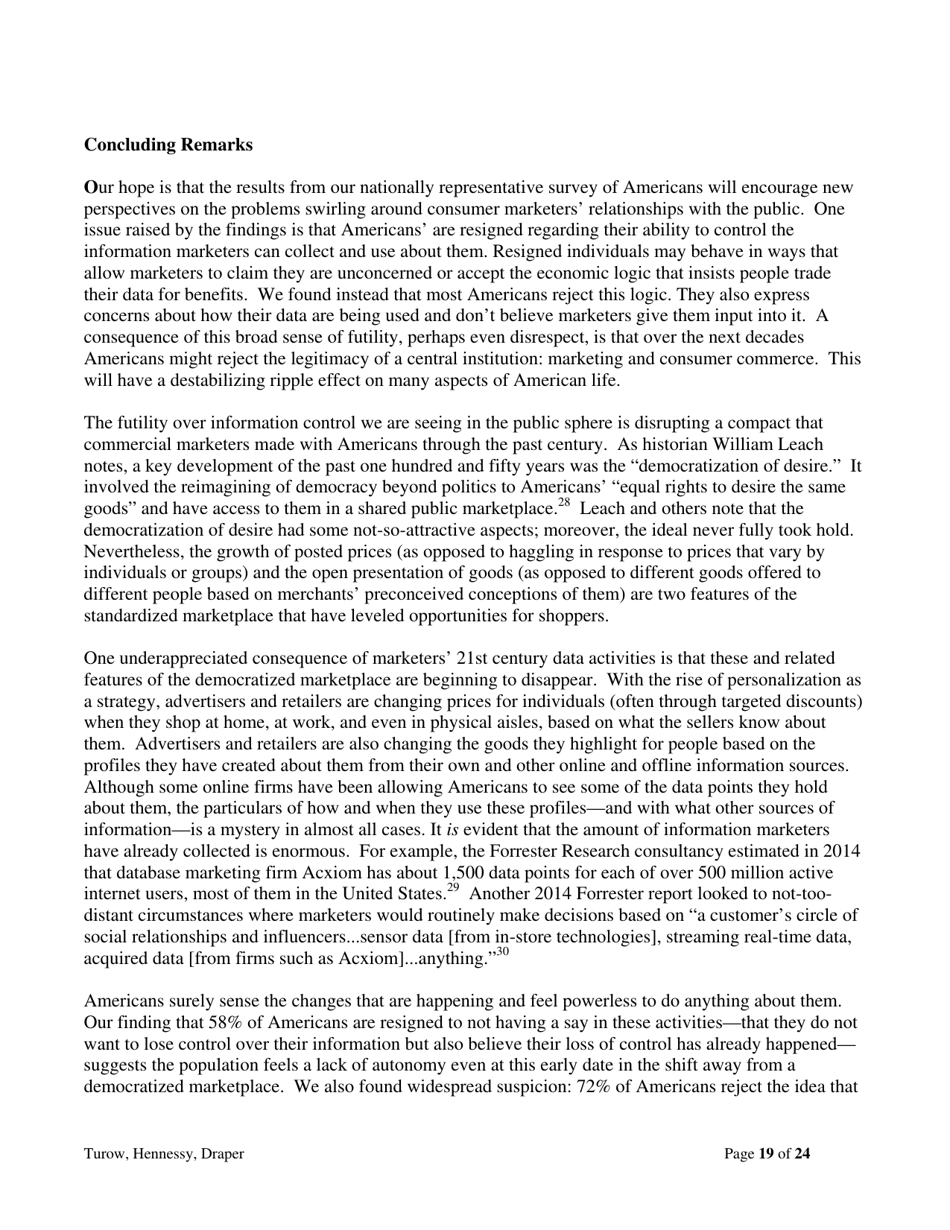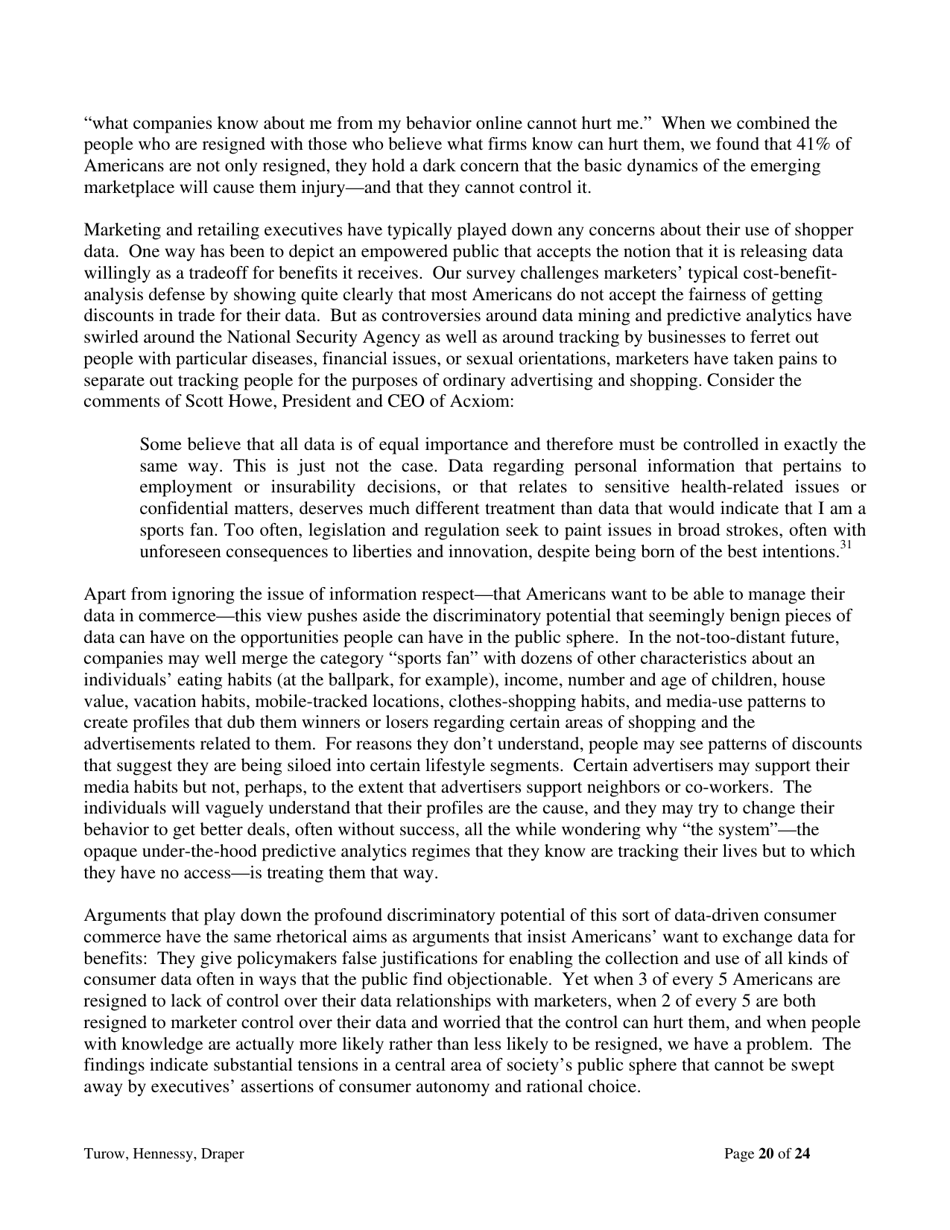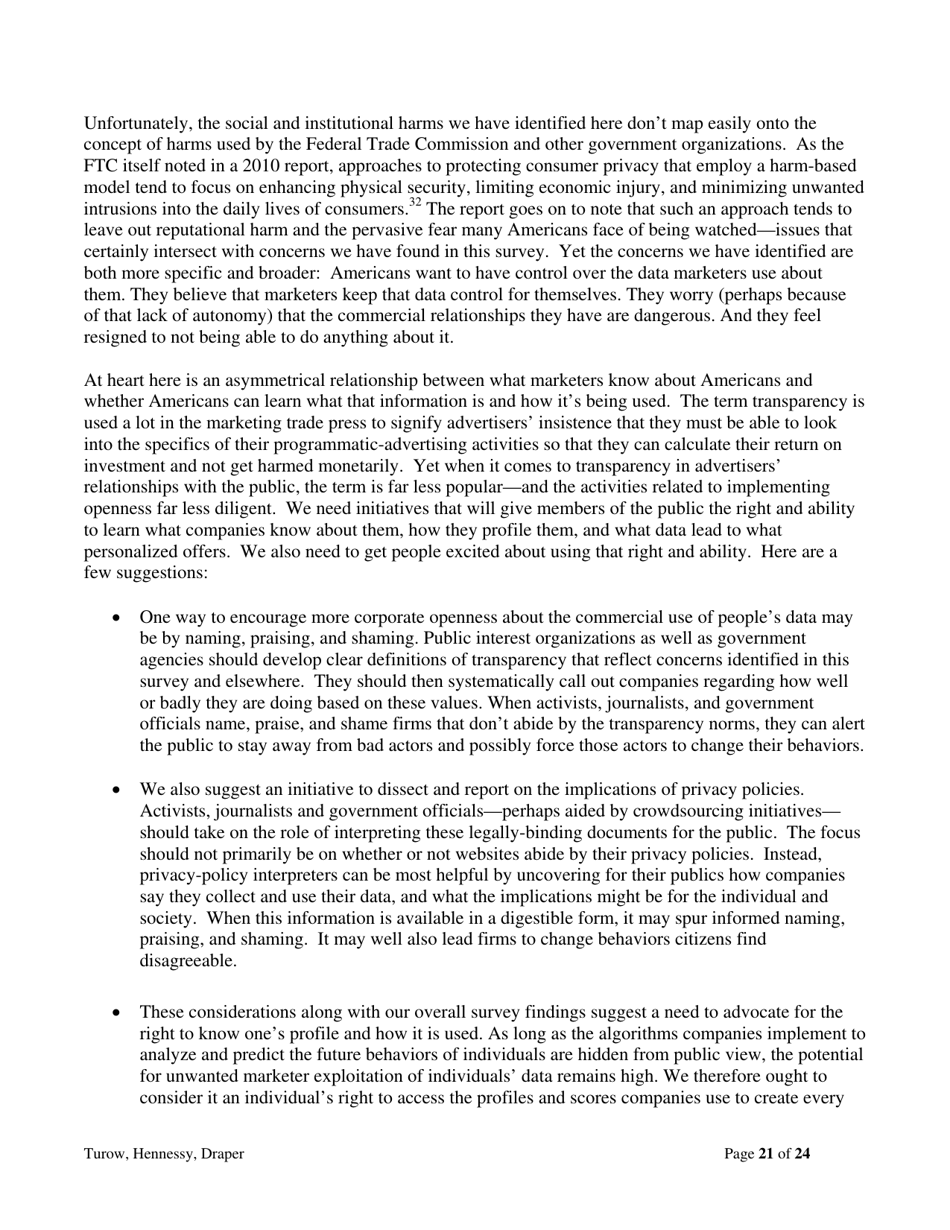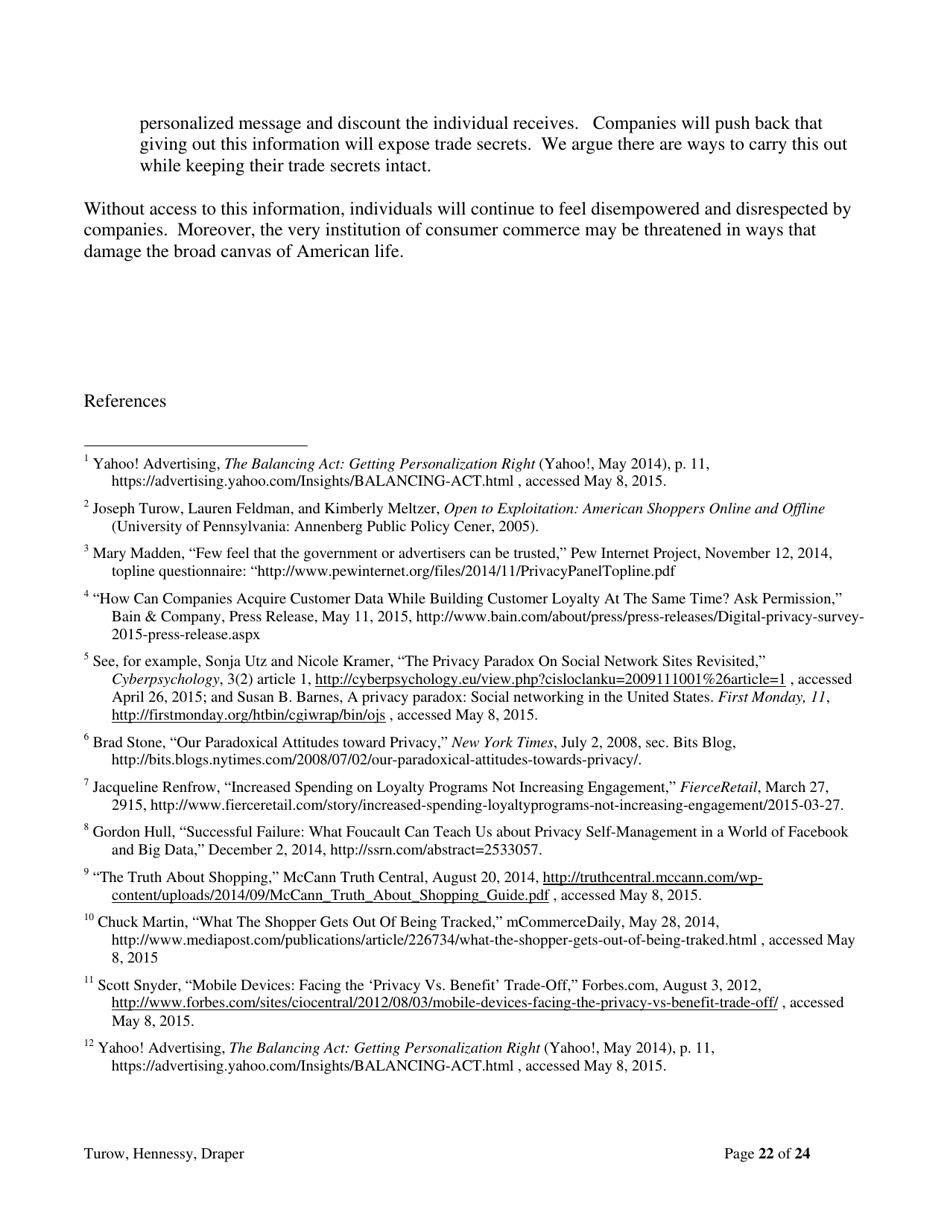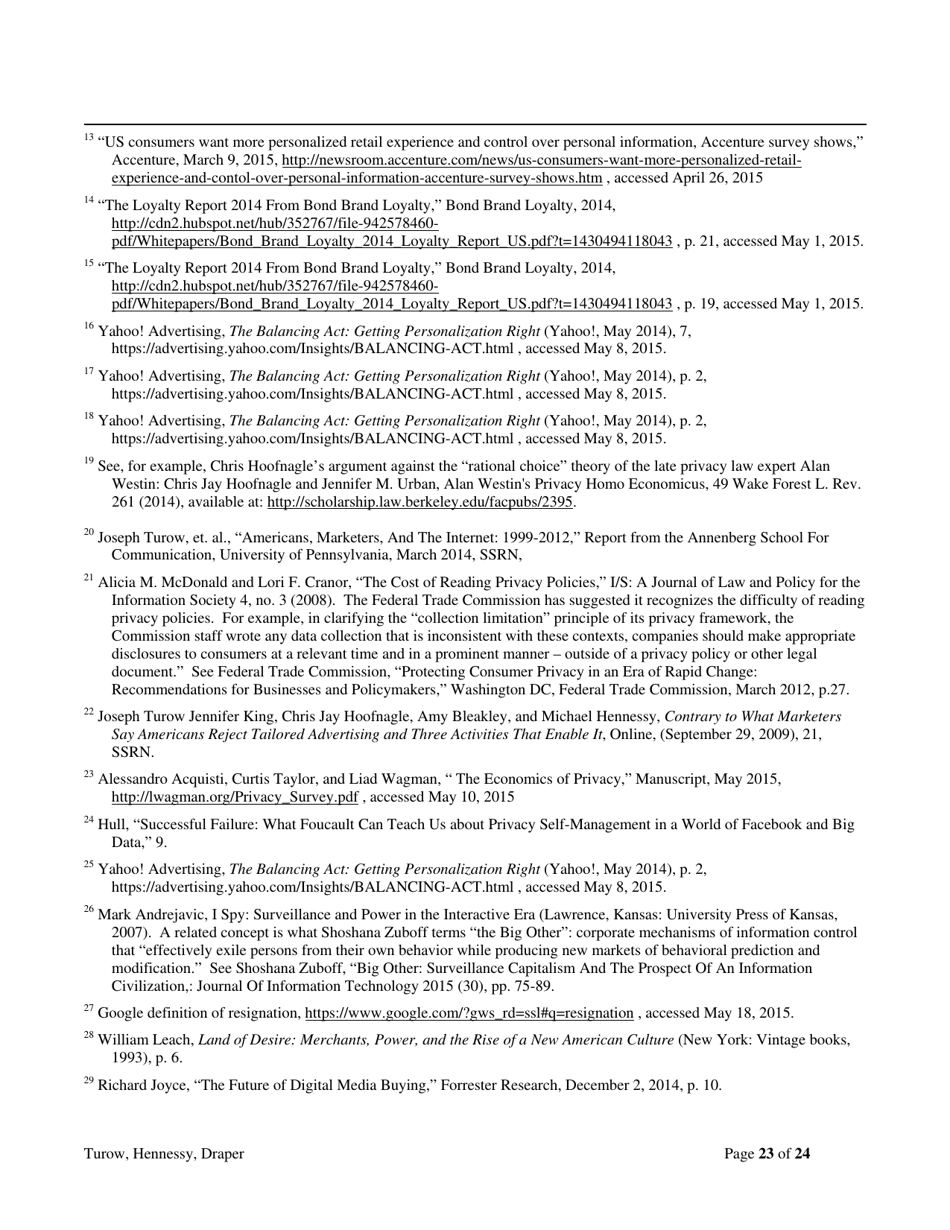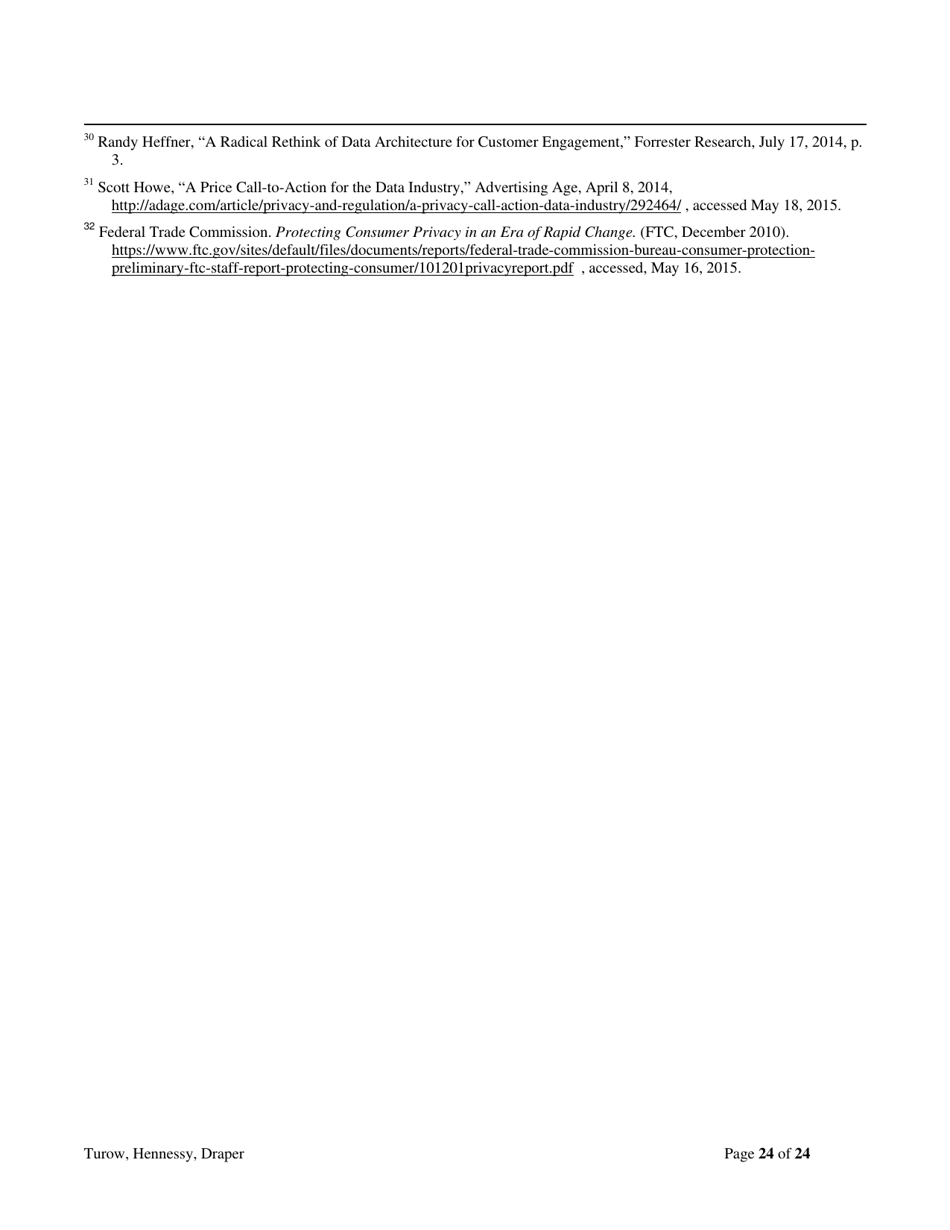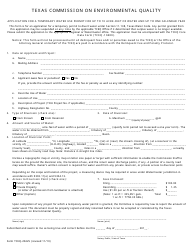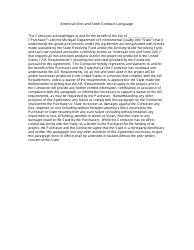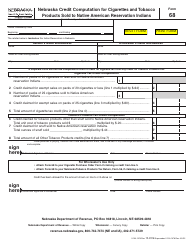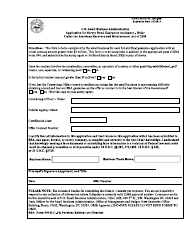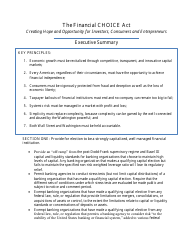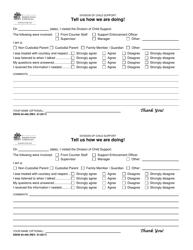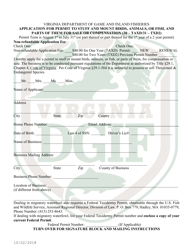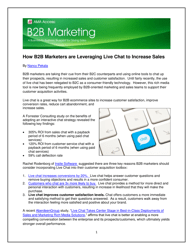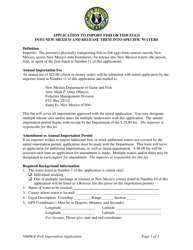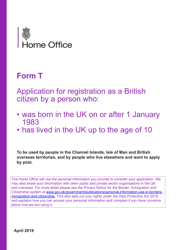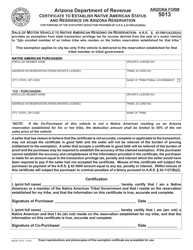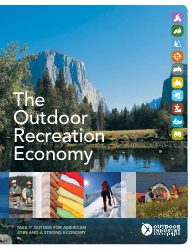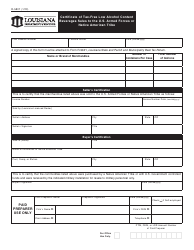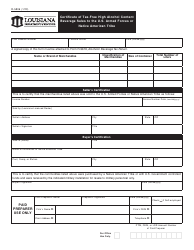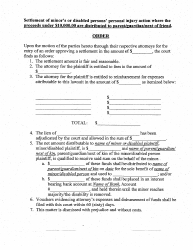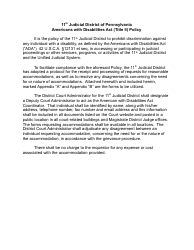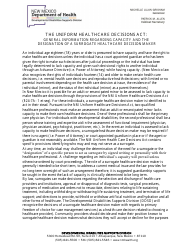The Tradeoff Fallacy - How Marketers Are Misrepresenting American Consumers and Opening Them up to Exploitation - Josef Turow, Michael Hennessy, Nora Draper - Pennsylvania
The Tradeoff Fallacy is a book authored by Josef Turow, Michael Hennessy, and Nora Draper, which explores how marketers in Pennsylvania are misrepresenting American consumers and leaving them vulnerable to exploitation. The book delves into the deceptive practices employed by marketers, specifically focusing on the tradeoff fallacy – the idea that consumers willingly give up their personal information or privacy in exchange for benefits or convenience. The authors shed light on the potential dangers and negative consequences that can arise from such practices, ultimately aiming to inform and empower American consumers to make more informed decisions in the face of marketing strategies.
The book "The Tradeoff Fallacy - How Marketers Are Misrepresenting American Consumers and Opening Them up to Exploitation" is authored by Josef Turow, Michael Hennessy, and Nora Draper. It was written in Pennsylvania.
FAQ
Q: What is consumer exploitation?
A: Consumer exploitation refers to unfair or deceptive practices by businesses or marketers that take advantage of consumers, often resulting in financial harm or loss.
Q: How do marketers misrepresent American consumers?
A: Marketers may misrepresent American consumers by using deceptive advertising tactics, manipulating consumer data, or making false claims about products or services to influence consumer behavior.
Q: What is the tradeoff fallacy?
A: The tradeoff fallacy is a misconception often perpetuated by marketers that suggests consumers willingly trade their personal data or privacy for certain benefits or discounts, when in reality, consumers may not fully understand the extent or consequences of such tradeoffs.
Q: How are American consumers being opened up to exploitation?
A: American consumers can be vulnerable to exploitation when marketers misuse their personal information, engage in unethical marketing tactics, or manipulate consumer choices without providing accurate and transparent information.
Q: What are some examples of consumer exploitation in the United States?
A: Examples of consumer exploitation in the United States may include hidden fees, false advertising, predatory lending practices, pyramid schemes, or misleading product claims.
Q: How can consumers protect themselves from exploitation?
A: Consumers can protect themselves from exploitation by being aware of their rights, reading and understanding terms and conditions, reviewing privacy policies, researching products and companies, and reporting any suspicious or unethical behavior to relevant authorities.
